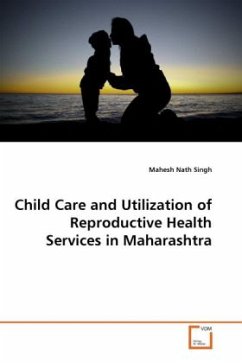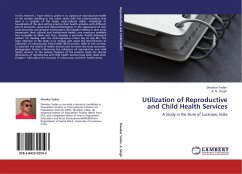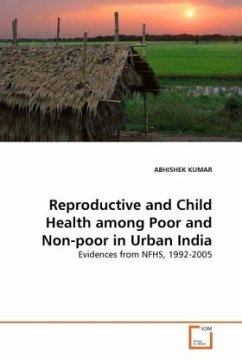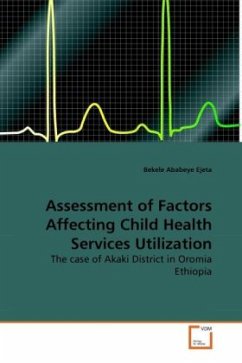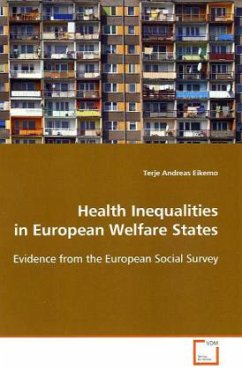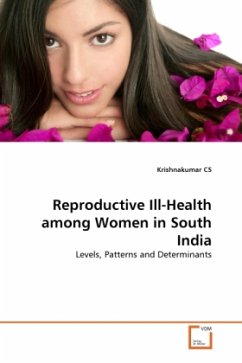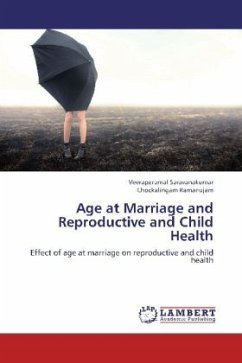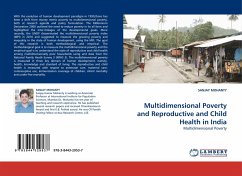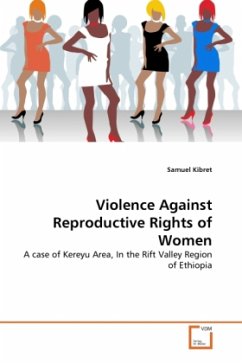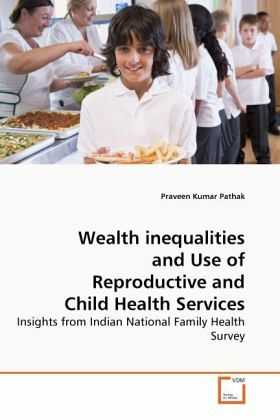
Wealth inequalities and Use of Reproductive and Child Health Services
Insights from Indian National Family Health Survey
Versandkostenfrei!
Versandfertig in 6-10 Tagen
45,99 €
inkl. MwSt.

PAYBACK Punkte
23 °P sammeln!
Poverty and ill-health are intertwined. Poor countries tend to have worse health outcomes than better-off countries. Within countries, poor people have worse health outcomes than better-off people (Wagstaff, 2002). Empirical research across the globe suggest that: i) inequalities in health are always to the disadvantage of the poor, ii) inequalities tend to be more pronounced for objective indicator of ill health, iii) there are large variation in health inequalities across countries, and iv) socioeconomic inequalities in health seem to be widening rather than narrowing (WHO, 2002). Throughout...
Poverty and ill-health are intertwined. Poor countries tend to have worse health outcomes than better-off countries. Within countries, poor people have worse health outcomes than better-off people (Wagstaff, 2002). Empirical research across the globe suggest that: i) inequalities in health are always to the disadvantage of the poor, ii) inequalities tend to be more pronounced for objective indicator of ill health, iii) there are large variation in health inequalities across countries, and iv) socioeconomic inequalities in health seem to be widening rather than narrowing (WHO, 2002). Throughout the world, inequalities in health status between the rich and poor are pervasive. The disparities are particularly noticeable in many of the poorest countries, where millions of people suffer from preventable illnesses, such as infectious diseases, malnutrition, and complications of childbirth, simply because they are poor. These wide differences in health status are considered unfair, or inequitable, because they correspond to different constraints and opportunities rather than individual choices (Wagstaff, 2002).



